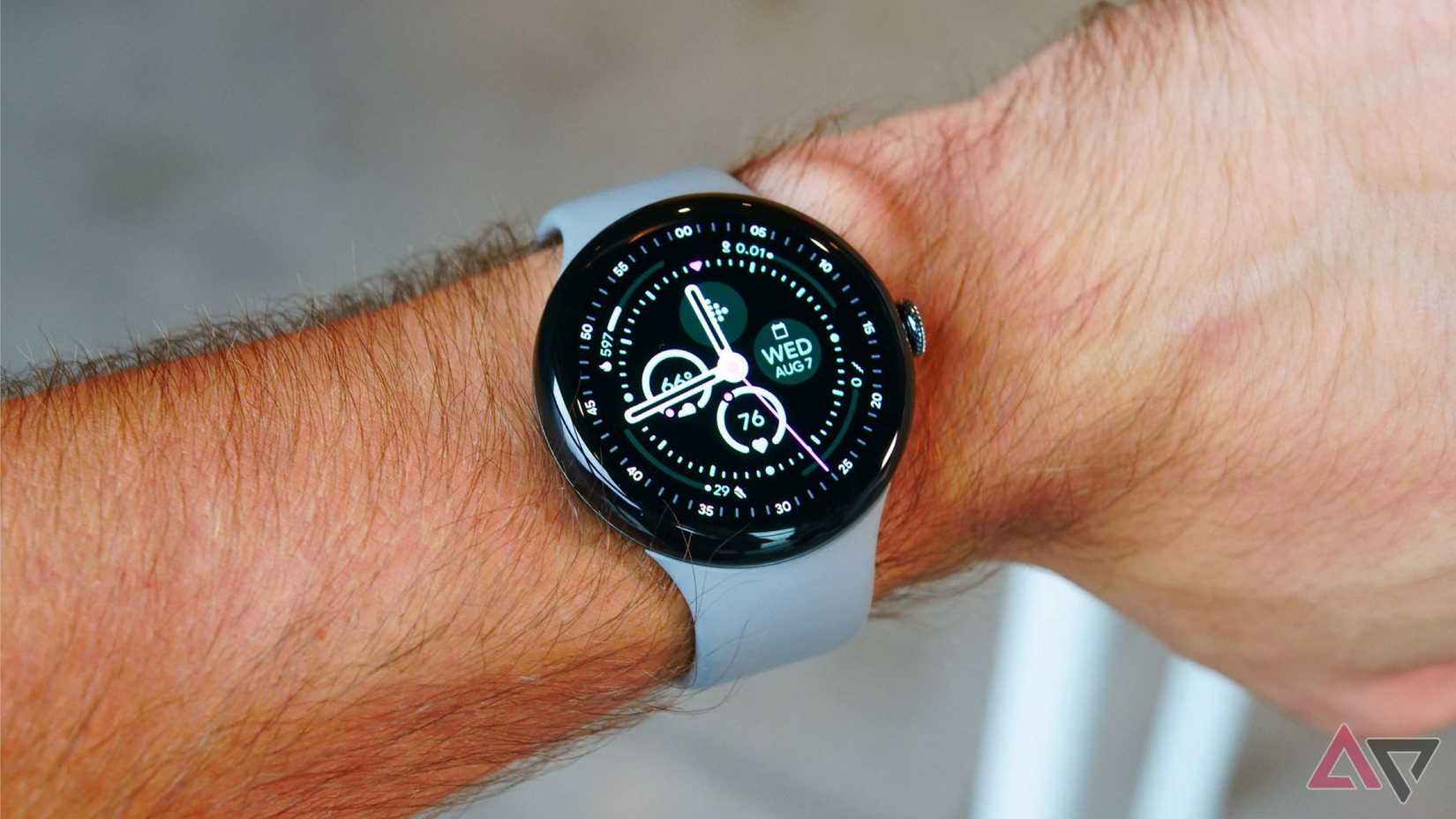I’m tired of the same arguments I see all the time criticizing Pixel smartphones. I’ve heard them since the Pixel 6, and they often ignore Google’s history with smartphones. I don’t know why it’s so inconceivable to so many that Google chose to build value in its smartphones differently than other manufacturers. Pixels aren’t about raw power, and they won’t be anytime soon.
With the Pixel 10, Google can solidify what the company worked so hard for. After years of overheating Tensor chipsets and subpar displays, the Pixel 10 should be Google’s victory lap, marking a third straight successful release with excellent hardware and reliable software. I’d hate to see Google revert to its old habits. You don’t need a more powerful Pixel 10, you just think you do.
I don’t know what we need all this raw performance for
What can’t you do on your Pixel?
I’ve used Tensor chipsets on Google smartphones since the beginning, starting with the Pixel 6, and I’ve yet to encounter a meaningful task that I couldn’t perform on my Pixel because it’s underpowered — not one. I’ve used several flagship smartphones powered by Snapdragon 8 Elite chipsets. Sure, they are impressive, but my Pixel 9 Pro XL provides an Android experience that is just as smooth. I don’t care about raw performance data from a useless benchmark test. I trust what my eyes see, and the Tensor G4 delivers a flagship smartphone experience that’s worth the price of admission. I agree that the Pixel 10 needs better gaming performance, but the Tensor G5 should address this, with a rumored 15% bump in GPU performance.
If the company were to introduce a more powerful Tensor chipset, the cost would increase, and most of us would never benefit from the added raw performance.
The complaints also annoy me because the same people who are upset that the Tensor chipsets aren’t more powerful are the same people who didn’t buy a Pixel 4. Google attempted to compete spec for spec with other smartphone manufacturers, loading the Pixel 4 series with a Snapdragon 855, but it didn’t work. People weren’t interested in Pixels that could hang with Galaxy phones and others in a straight-line race; Google needed to find another way.
The user experience matters
Google adds value in other ways
Even if you don’t appreciate Google’s software or user experience, it remains a selling point for many. I love Android 15 on my Pixel 9 Pro XL, and I’m looking forward to Material 3 Expressive. Google needed an updated design language, and the company appears to have nailed it. Pixel software extras, such as Now Playing, seem like small additions, but I always miss them when testing smartphones from other manufacturers. It’s not that Google can’t put a more powerful chipset in its phones. It simply acknowledges that there are other areas where it can compete.
I’m not sold on the benefits of AI on my smartphone. Still, Google’s AI roadmap is the most coherent of any manufacturer. Google Gemini is far from perfect, but initiatives like Project Astra get me excited. Smartphones won’t be about cameras and performance in the next ten years. Instead, companies will have to demonstrate how well their devices integrate into our lives. Samsung’s Galaxy AI is a mess, with a load of useless features on my Galaxy S25 Ultra. It may not matter to you right now, but Google is ahead in AI, and there’s monetary value to that.
More power, but at what cost?
I don’t need performance I’m not going to use
Google’s smartphones are expensive enough. I don’t want to spend more than what I had to on my Pixel 9 Pro XL on a Pixel 10. If the company were to introduce a more powerful Tensor chipset, the cost would increase, and most of us would never benefit from the added raw performance. I’m not comfortable paying for the power I don’t need in a smartphone, and if we’re honest with ourselves, we don’t need a Snapdragon 8 Elite on every device to have a solid experience.
Additionally, not every device needs to appeal to everyone. If you genuinely feel strongly about having the most powerful benchmarking phone on the market, consider the Galaxy S25 Ultra or the OnePlus 13. I’m glad that Google is doing something different. Competition is essential, and I’d rather have Google step out on its own. I’ve watched the company try to go toe-to-toe with similar spec sheets, and Pixels always felt like an also-ran. Google’s in a good place now; it just has to stay the course.
Perspective is important with smartphones
I understand that people are frustrated and don’t like the idea that they aren’t getting the most impressive spec sheet possible on their $1,200 Pixel flagship smartphone, but a balance needs to be struck. The Samsung Galaxy S25 Ultra is priced at $1,300 and lags behind the innovation seen in its overseas counterparts. Additionally, Samsung doesn’t offer 16GB of RAM, unlike Google. Smartphones will be less about specs moving forward. It’s about time we learned to find value in other places.






